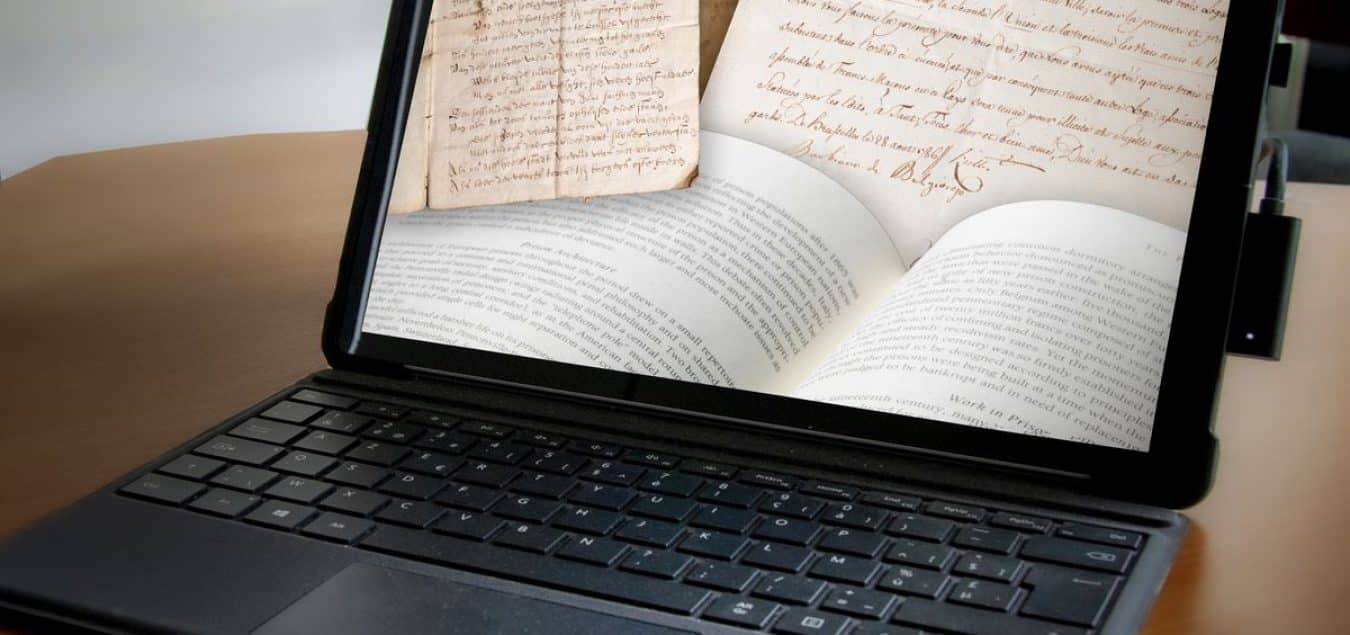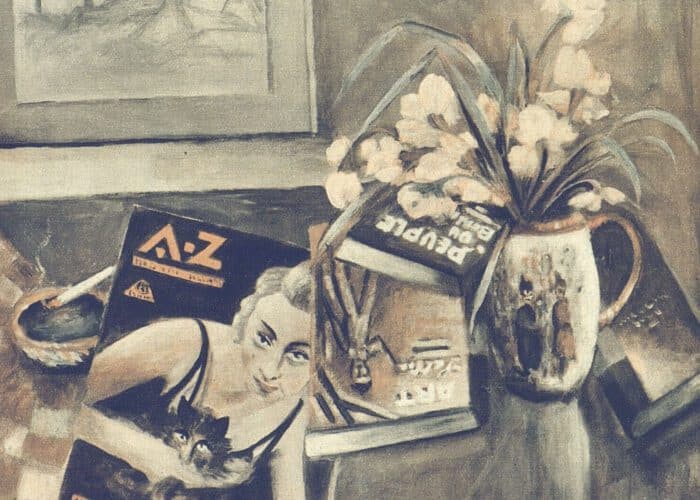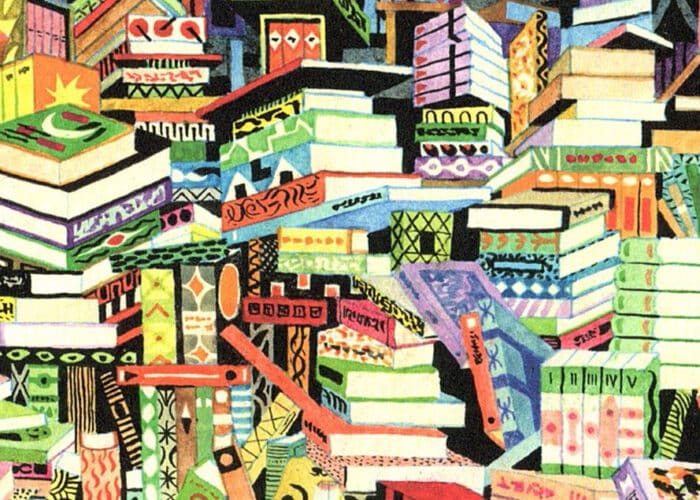
- Cet évènement est passé

Digital Heritage Seminar: Challenges and Opportunities of Working with Epistolary Data Collections
Evénement en ligneHistorical Network Series Fall 2021
KBR vous invite à participer à une nouvelle série de séminaires dédiés au patrimoine culturel numérique : le KBR-ULB-UGent Digital Heritage Seminar: Historical Network Series Fall 2021.
Lors de cette troisième série qui se déroulera de septembre à décembre 2021, nous accueillerons virtuellement trois chercheurs. Ils présenteront leurs travaux, qui allient l’analyse des réseaux historiques & les collections patrimoniales. Ce pan de la recherche en Humanités Numériques fait progresser notre compréhension du passé en reconstruisant les réseaux sociaux, politiques, économiques ou culturels à partir de matériaux historiques. Nous aurons l’occasion, au cours de cette série d’exposés, de voir à travers une variété de sujets, de périodes et de méthodes comment ces découvertes nous donnent un aperçu unique du passé et des matériaux que nous utilisons dans notre travail.
Les séances de questions-réponses se dérouleront en anglais, en français, ou en néerlandais. Le public cible est principalement constitué de chercheurs, mais le grand public est chaleureusement invité à participer aux séminaires.
Cette série de séminaires est co-organisée par le Digital Research Lab de KBR, en coopération avec l’Université libre de Bruxelles, la Vrije Universiteit Brussel et l’Université de Gand.
Programme
From library catalogue to historical network: the challenges and opportunities of working with epistolary data collections.
A high degree of collaboration is a central feature of academic research, with scientists and scholars often sharing knowledge with colleagues all over the world to improve the quality and impact of their research. The idea that connectivity is key for innovation has a long history, with one of the best examples being the so-called “Republic of Letters”. This “republic” was the network of the scholarly and scientific community of the sixteenth, seventeenth and eighteenth centuries. In this period, educated men (and some women) with distinct political, religious and social interests corresponded extensively with each other by letter to discuss the latest news in the scholarly world, based on its ideals of sharing knowledge, mutual support and tolerance.
The SKILLNET project of Utrecht University uses these letters to trace scholarly networks over time to understand the social context in which this idea of sharing knowledge occurred. Fortunately, many libraries, archives and research institutions across Europe have digitized their epistolary collections and catalogues, creating online repositories of early modern correspondence. These epistolary databases often offer standard content-related metadata such as the sender and recipient as well as the places and dates of sending and receipt. Based on these metadata, it is possible to apply the methods of network analysis to learn how early modern scholars communicated with each other. For example, we can start to map the nodes and edges of the Republic of Letters and calculate the grades of separation and centrality of hubs and brokers in the graph. The measure of betweenness centrality, for instance, is a valuable measure for highlighting scholars who act as bridges, crossing ‘structural holes’ in a network. Having connections across structural holes allows scholars to have early access to innovative information which gives them a competitive advantage in seeing and developing good ideas.
However, before researchers can undertake meaningful computational analysis, a great deal of data preparation is required. By combining the metadata of a wide range of historical correspondence, numerous challenges arise with regard to their accessibility, preparation and harmonization. In this seminar, we will give an insight into these challenges and share some solutions to overcome them, which we hope can be used by librarians and archivists who want to help improve the interoperability of these metadata to make it useful for researchers. To this end, we will focus on the Catalogus Epistularum Neerlandicarum (CEN), a Dutch national database that was established as a collaborative initiative to pull together library holdings of letter collections in the Netherlands. At present, the collection consists of 584.723 metadata of single letters and accumulated bilateral epistolary exchanges from 1303 to 2020, held at several Dutch institutions, among which are the National Library of the Netherlands and the university libraries of Leiden, Utrecht and Amsterdam. In addition, we will take a look at the challenges and opportunities of our crowdsourcing platform called CEMROL (Collecting Epistolary Metadata of the Republic of Letters), which aims to harvest metadata on early modern letters from digitized editions of correspondence benefitting from the online contributions of generous volunteers.
Durée : 1h30
Inscriptions
L’inscription est gratuite mais obligatoire. Le matin du jour de l’évènement, vous recevrez un lien vers la vidéoconférence.
Si vous avez la moindre question, n’hésitez pas à nous envoyer un e-mail à whyvr.ovexubym@xoe.or.


